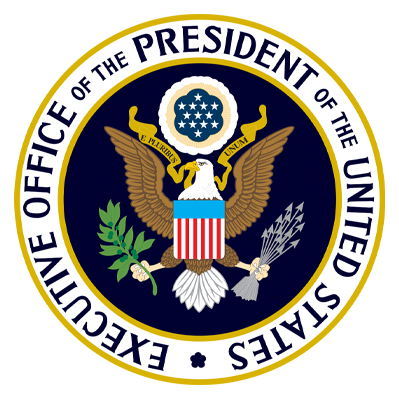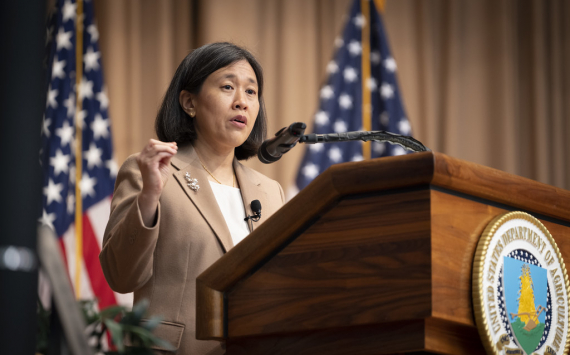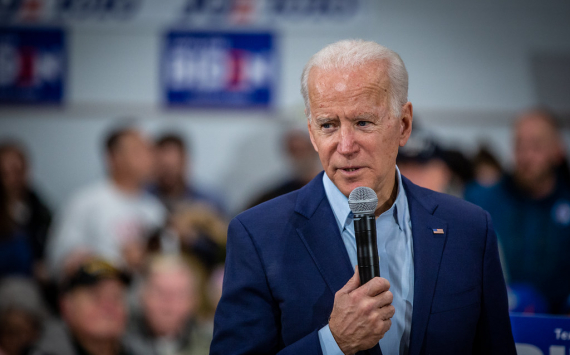Description
United States National Security Council (NSC) is the principal forum used by the President of the United States for consideration of national security, military, and foreign policy matters. Based in the White House, it is part of the Executive Office of the President of the United States, and composed of senior national security advisors and Cabinet officials.
Since its inception in 1947 by President Harry S. Truman, the function of the Council has been to advise and assist the President on national security and foreign policies. It also serves as the President's principal arm for coordinating these policies among various government agencies. The Council has subsequently played a key role in most major events in U.S. foreign policy, from the Korean War to the War on Terror.
The NSC has counterparts in the national security councils of many other nations.
History
The immediate predecessor to the National Security Council was the National Intelligence Authority (NIA), which was established by President Harry S. Truman's Executive Letter of January 22, 1946, to oversee the Central Intelligence Group, the CIA's predecessor. The NIA was composed of the Secretary of State, the Secretary of War, the Secretary of the Navy, and the Chief of Staff to the Commander in Chief.
The National Security Council was created in 1947 by the National Security Act. It was created because policymakers felt that the diplomacy of the State Department was no longer adequate to contain the Soviet Union, in light of the tension between the Soviet Union and the United States. The intent was to ensure coordination and concurrence among the Army, Marine Corps, Navy, Air Force and other instruments of national security policy such as the Central Intelligence Agency (CIA), also created in the National Security Act. In 2004, the position of Director of National Intelligence (DNI) was created, taking over the responsibilities previously held by the head of CIA, the Director of Central Intelligence, as a cabinet-level position to oversee and coordinate activities of the Intelligence Community.
On May 26, 2009, President Barack Obama merged the White House staff supporting the Homeland Security Council (HSC) and the National Security Council into one National Security Staff (NSS). The HSC and NSC each continue to exist by statute as bodies supporting the President. The name of the staff organization was changed back to National Security Council Staff in 2014.
The Directorate of Global Health Security and Biodefense was formed in 2016 under the Obama administration, disbanded in 2018 under the Trump Administration, and reinstated in January 2021 during the presidency of Joe Biden.
President Joe Biden discussing the Fall of Kabul with the National Security Council, August 18, 2021
On January 29, 2017, President Donald Trump restructured the Principals Committee (a subset of the full National Security Council), while at the same time altering the attendance of the Chairman of the Joint Chiefs of Staff and Director of National Intelligence.
According to National Security Presidential Memorandum 2, the Chairman of the Joint Chiefs of Staff and Director of National Intelligence were to sit on the Principals Committee as and when matters pertaining to them arise, but will remain part of the full National Security Council. However, Chief of Staff Reince Priebus clarified the next day that they still are invited to attend meetings. With National Security Presidential Memorandum 4 in April 2017, the Director of National Intelligence and the Chairman of the Joint Chiefs of Staff "shall" attend Principals Committee meetings and included the Director of the Central Intelligence Agency as a regular attendee. The reorganization also placed the Administrator of the United States Agency for International Development as a permanent member of the Deputies Committee, winning moderate praise, while the White House Chief Strategist was removed.

























